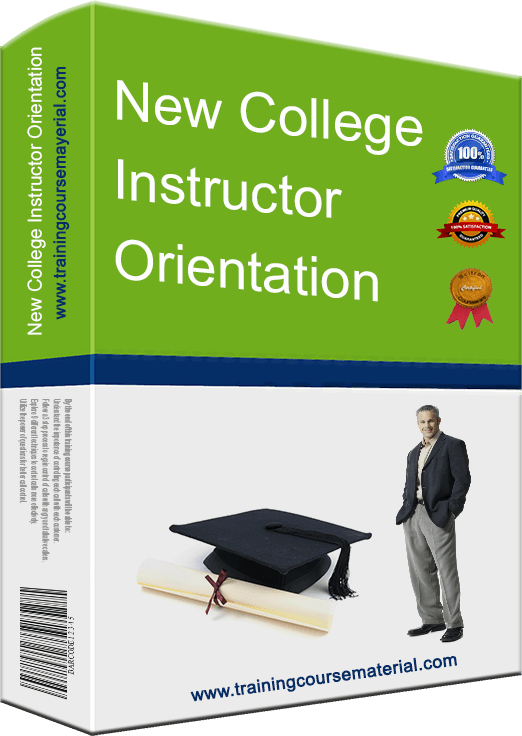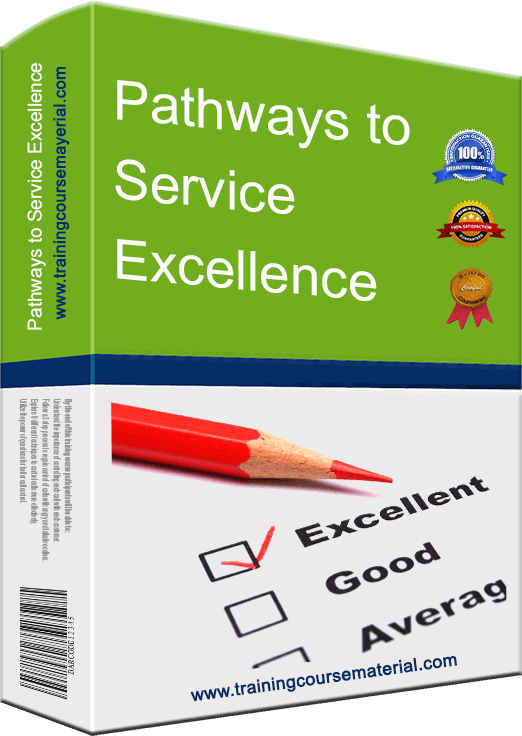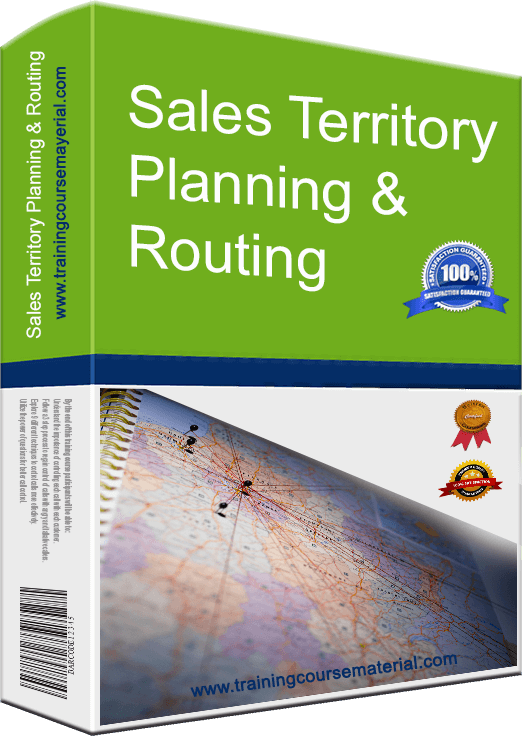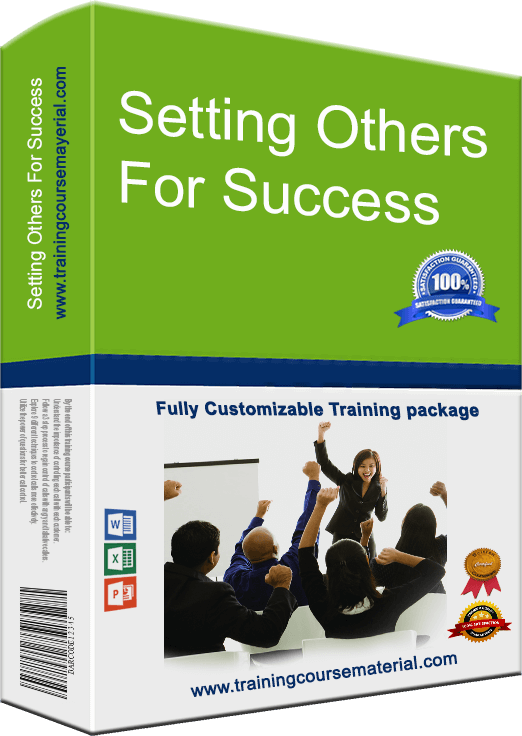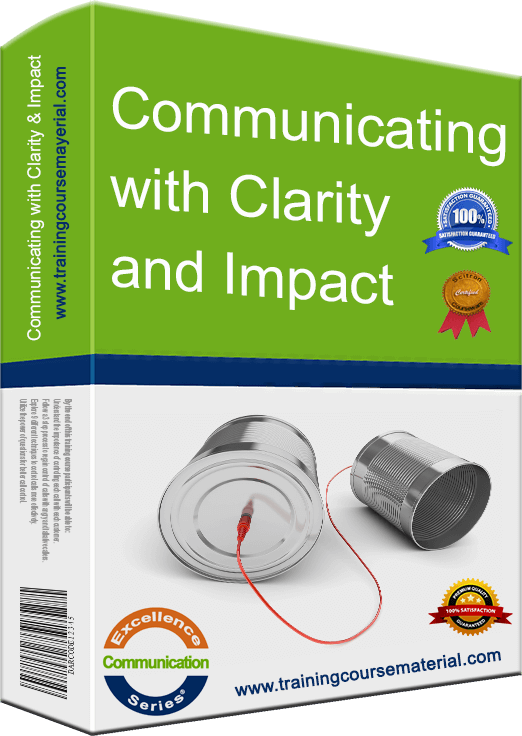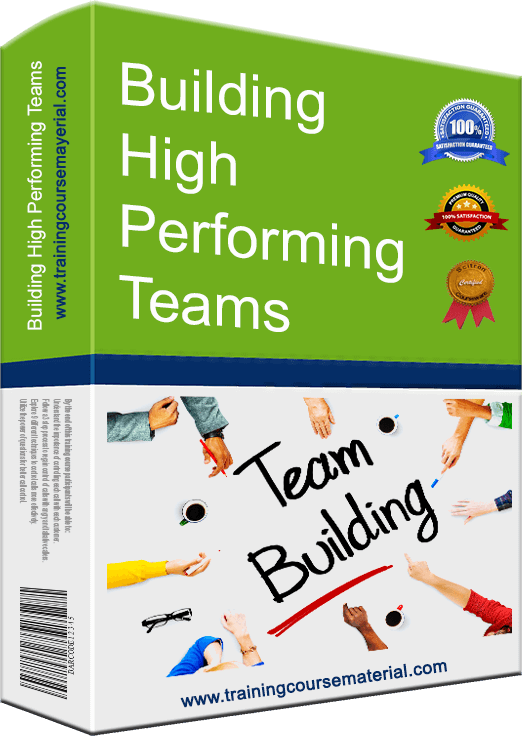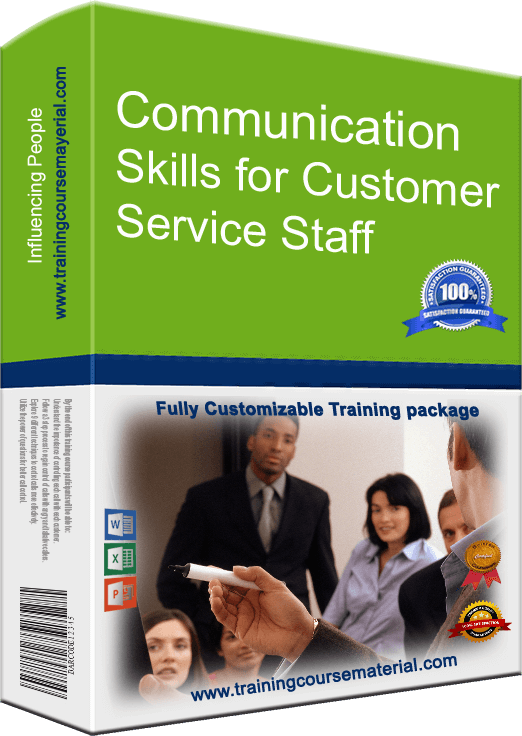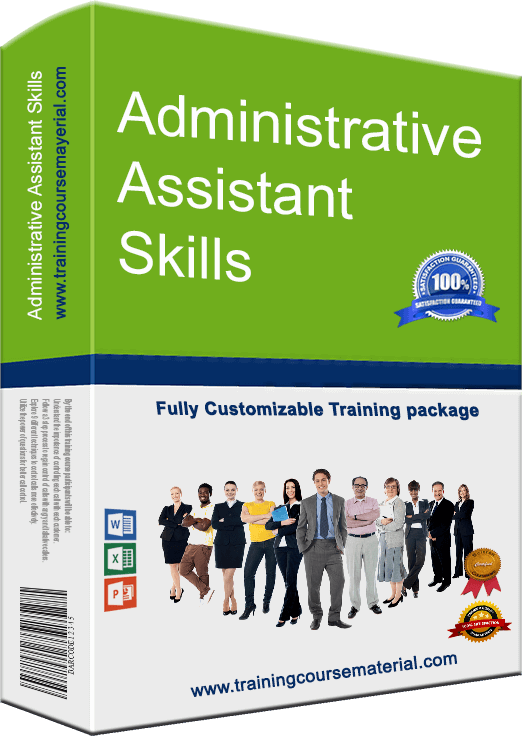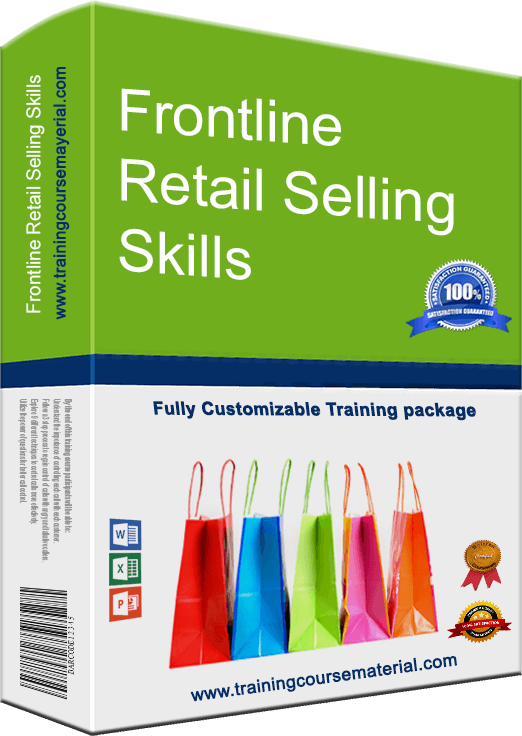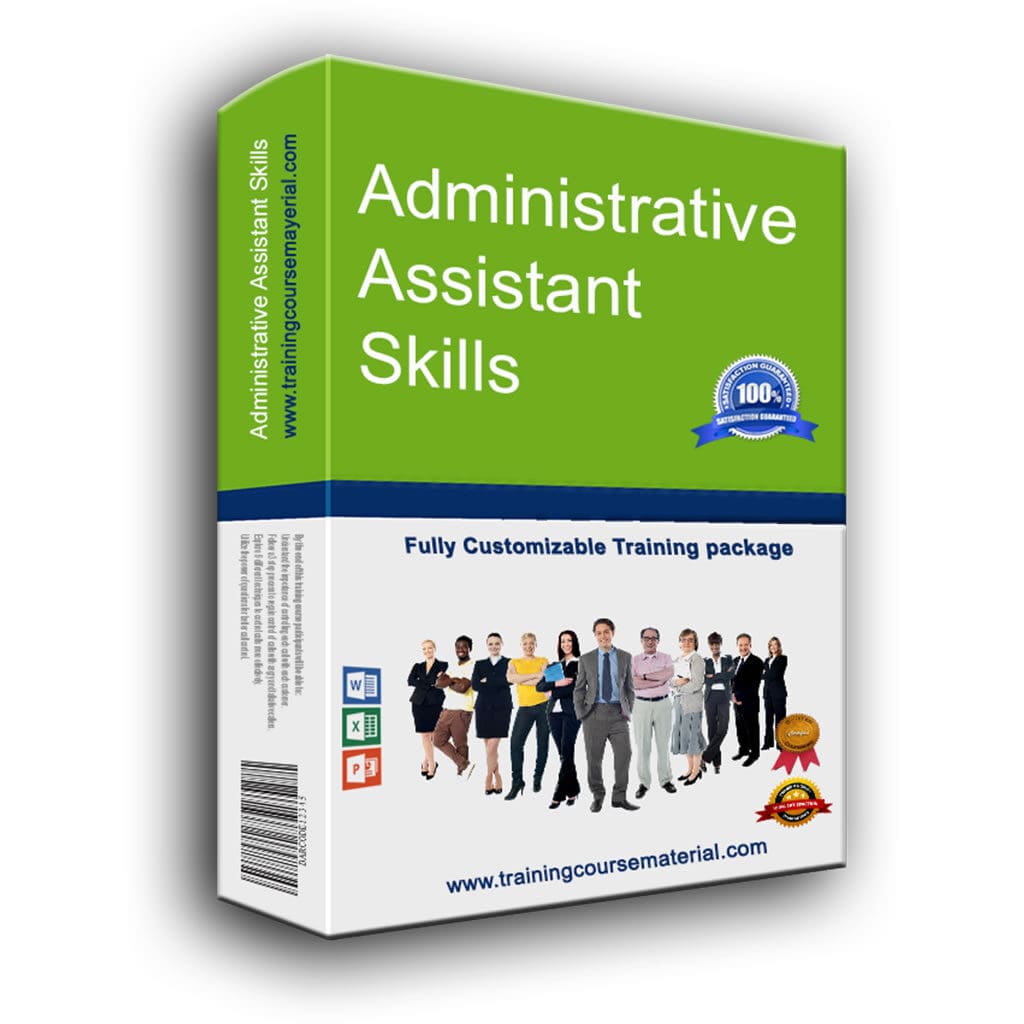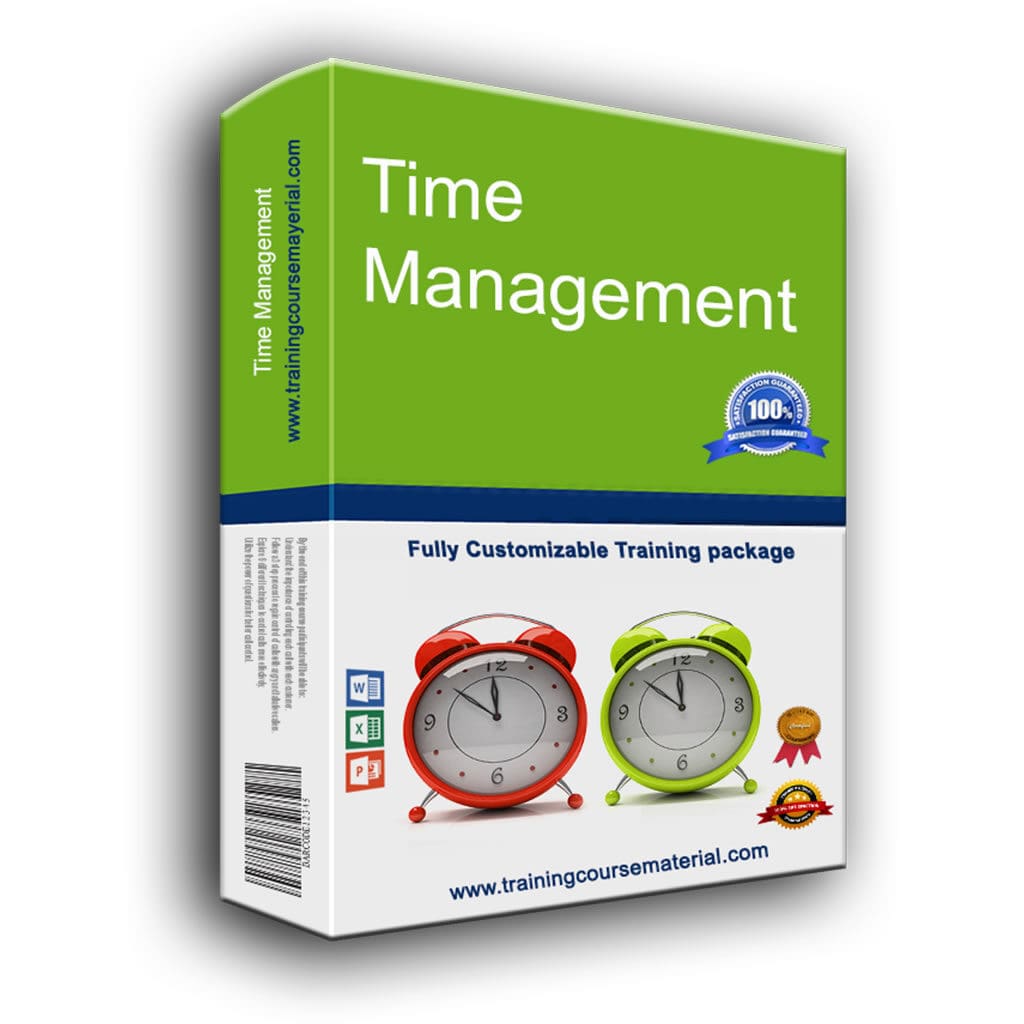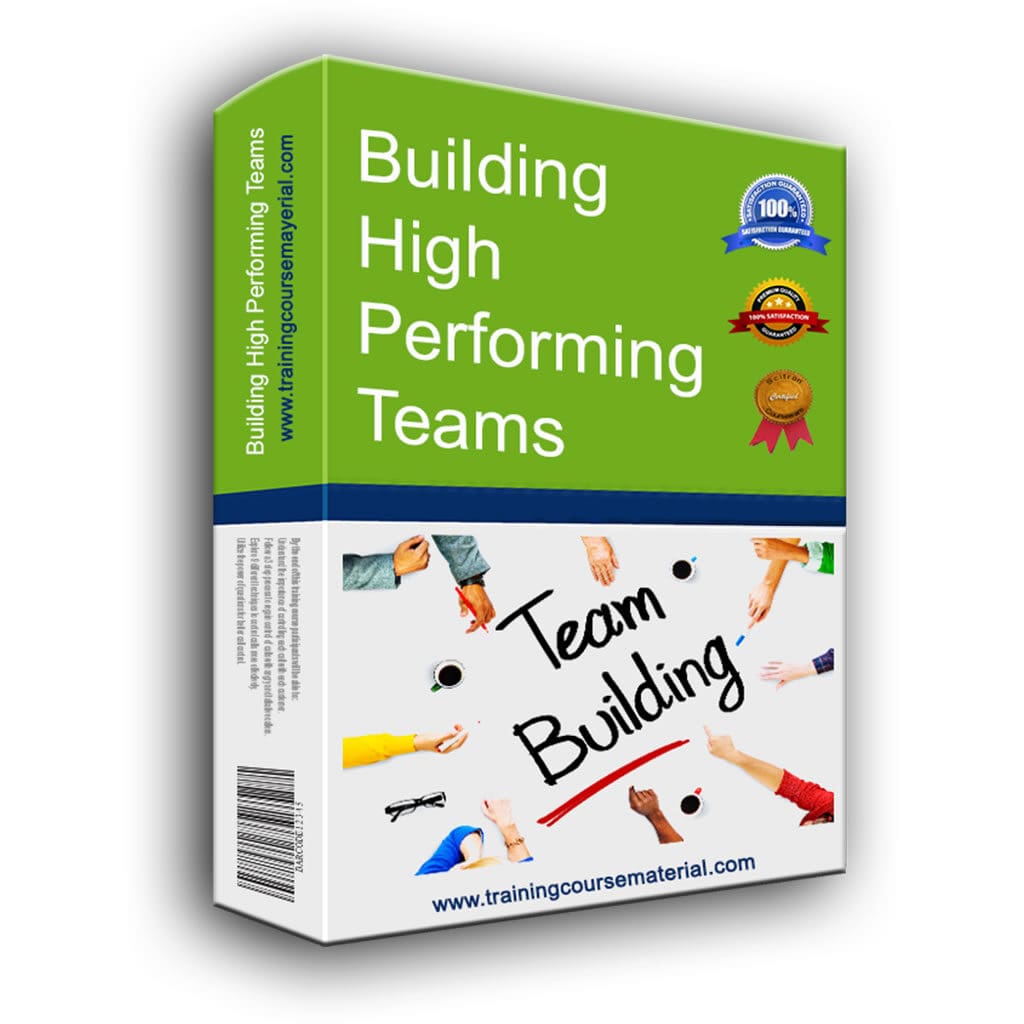Coaching / Training / Counseling / Mentoring - Clearing out the confusion
Coaching:
Coaching is strategically guiding someone into improved performance through reflection on how they apply a specific skill and/or knowledge. Coaching is about developing individuals beyond where they currently are.
Coaching helps people to reflect on their performance in a specific area with an informed,objective helper. It is about helping individuals to implement their learning within the workplace and therefore improve their performance. It is not about teaching something new. The prime focus of coaching should be on using existing knowledge and skills, perhaps reviewing attitude and approach, to maximize performance.
Training:
Training is simply defined as teaching employees what to do and how to do it. It's the process by which someone learns a new skill or piece of knowledge. It is giving someone the tools to do a job, thereby moving that person from conscious incompetence to conscious competence. See also: Levels of learning. At the end of a training session the learner may be able to do the job, but not necessarily achieve the required standard all of the time. Training can be formal (eg training courses) or informal (such as on-the-job instruction).
True learning does not take place until the learner has transferred it from the training environment into the ‘real world’, and made a persistent change in behaviour.
Training and coaching will often overlap. Sometimes when coaching someone, it may become apparent that he or she does not have the necessary skills or background knowledge; at this point, the coaching stops and training begins. Training and coaching are part of the continuum of development.
It is possible, therefore, that within a person’s role there will be many coaching experiences –potentially for as many skills as are required for that position. An effective personal development plan (PDP) will prioritize the skills that need working on at any particular time in order to ensure that the individual is fulfilling his or her potential and achieving business objectives.
Counseling:
Counseling is simply defined as helping explore and possibly resolve problems that could be impacting performance, it uses similar skills to coaching. A counsellor will generally be used by individuals to help them deal with a specific problem; counseling focuses on emotions and feelings rather than performance. Counseling tends to look at the causes for today’s issues; it looks at the past and the route taken to arrive at the point where the individual currently is. Coaching turns the attention to the future, with the starting point being where the individual is today; its focus is on planning a route to arrive at a pre-agreed point. Within the workplace, individuals would generally only seek the advice of a counsellor if they had a problem, whereas coaching can involve the development of good performance as well as under-performance. There is also a fine line between coaching and counseling. The line here is between functionality and motivation. If a person has no knowledge or only partial knowledge of a particular job function, then that person needs to be coached toward competency. On the other hand, if that same person knows how to perform a particular job function and is just not doing so, there is another issue. This issue could range from a simple motivational one to a more complex one where counseling needs to take place. Another way to look at it is that coaching has to do with the performance and the standards set, and counseling has to do with a problem that is affecting the employee and that could be affecting others as well.
Mentoring:
Many organizations couple coaching and mentoring together as part of the same scheme or process. Again, we would agree that there is an element of overlapping; We define mentoring as: General guidance or advice regarding life or career. Mentoring, which covers a range of issues, is much more general than coaching, which looks at a specific skill or area. It usually helps people progress within a specific field or organization and helps individuals look at how they use their networking, profile and organizational politics. More often than not a mentor is someone who is senior to their mentee, either within the organization or within their specialist field. In seeking a mentor, individuals will look for a role model who they can relate to on a personal level as well as someone who is well-respected within their area. This differs from coaching in a number of ways:
The coach does not have to be senior to their coachee. The relationship is not so personal – the coachee does not need to like his or her coach, but a mentee generally needs to like his or her mentor. Coaching is about one specific subject, where mentoring is about general issues of career and life development.
For more on coaching, Check out our Coaching People For Better Performance instant download training package.
Coaching & Feedback Related Articles
- Coaching for better performance
- Qualities & Skills of a coach
- Why coaching and feedback goes wrong?
- GROW Coaching Model
- The Body Coaching Model
- Giving Feedback
- Receiving Feedback
- Giving Negative Feedback
- Top 10 Feedback tips
- STAR feedback model
- The 10 Coaching Commandments
- Different types of coaches
- Giving feedback as part of coaching
- Choosing an area to coach to improve performance
- Coaching/Training/Counselling/Mentoring - Clearing out the confusion
- What is coaching all about?

34 Full Courses & 6 Mini Courses
Get all available programs
& save ...!!
Price: $4499.95 $2995.95
Great Value For Money
Read More
Are You a
Visual, Auditory or Kinaesthetic ?
How well do you
cope under
pressure?
.
Are You A
people person?
.
Forward looking, or
Stuck in a time
warp?
How content
are you?
.
How soft-centred
are you?
.
Find Out
Your Leadership
Style
How
Emotionally intelligent are You ?

|
+ | 
|
The Presenter-Trainer Package®
Train The Trainer
Presenting With Impact
Price: $359.95 $299.95
SAVE $59.95
Read More
Retail Excellence Series®
3 Complete Courseware
Packages in 1
Frontline Retail Selling Skills
Retail Sales Planning & Forecasting
Passionate Retail Experts
Price: $539.855 $349.95
Pay for 2 Get 1 Free
Read More
Sales excellence series®
3 Complete Courseware
Packages in 1
Sales Management
Professional Selling Skills
Sales Territory Planning & Routing
Price: $539.855 $349.95
Pay for 2 Get 1 Free
Read More
Call Center Excellence Series®
4 Complete Courseware
Packages in 1
Handling angry and difficult callers
Call control
Find a way to say YES!
Successful telephone debt collection
Price: $719.95 $449.95
Pay for 2 programs and Get 2 programs Free
Read More
Communication Excellence Series®
4 Complete Courseware
Packages in 1
Communicating with clarity and impact
Negotiating for results
Conflict resolution
Presenting With Impact
Price: $719.95 $449.95
Pay for 2 programs and Get 2 programs Free
Read More
Customer Service Excellence Series®
5 Complete Courseware
Packages in 1
Vision, Energy & Passion To Serve
Pathways to service excellence
Find a way to say YES!
Passionate Retail Experts
Setting others up for success
Price: $899.75 $599.95
Pay for 3 Get 2 Free
Read More
Instant Download
Training packages
Price: $199.95 $179.95
No matter who you are, we all have 168 hours each week. Your ability to best utilize those 168 hours will ultimately determine your success. Using self-discovery, hands-on activities and innovative concepts, throughout this high energy training program, participants will learn how to get better control of their time and their life in general.
Price: $199.95 $179.95
A highly engaging one-day training program packed with a plethora of fun activities and games focusing on the key characteristics of high performing teams.
Price: $199.95 $179.95
All you need
to deliver a great training!
Our training material packages come with all you need to provide
a professional and accelerated learning solution with

High Impact
Power Point Slide Deck
To support immersive learning, a high impact professionally designed power point slide deck to engage trainees at all levels.

Student
Workbook
A comprehensive reference workbook you can give out to your class participants as a quick future reference.

Trainer
Guide
With step-by-step clear directions with tips and suggestions on what to say and how to present each slide.

Activity
/Exercise Sheets
Various training material and support documents to help you both explain and debrief the different exercises, activities and games Plus a fun final Jeopardy style review game as a fun ending for your training program.

Additional
Support Documents
To ensure you have all you need to deliver a complete and professional training program, additional supporting documents are included with each full course material package. From training evaluation forms to 5 different certificate templates that you can edit and hand out to your participants at the end of your training.

Job Aids
& Forms
Specific forms designed to extend and reinforce the training that participants can utilize back on the job to help them apply the new learned concepts (Select training material packages)





